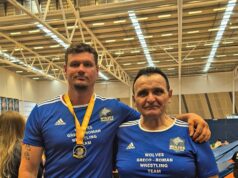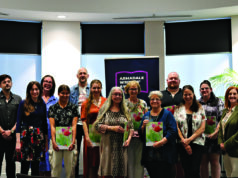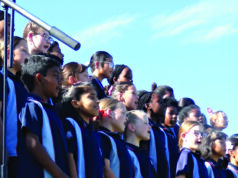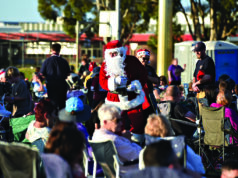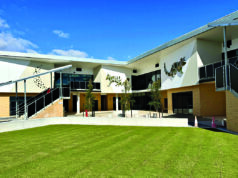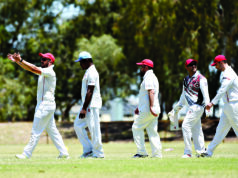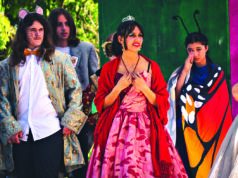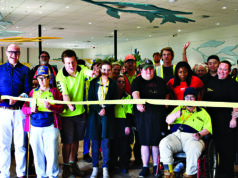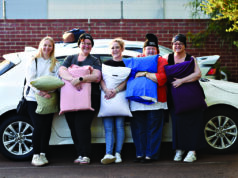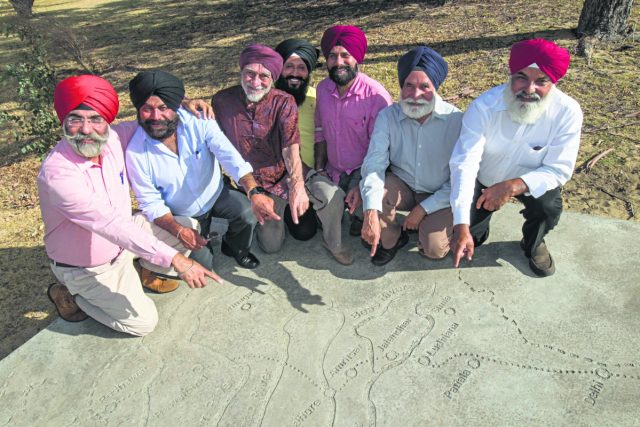
A year on from the official recognition of one of the most important Sikh sites in the state, WA’s Sikh community is looking back and the long, winding road that has brought them here.
Representatives from The Sikh Association of WA met at the site to mark the one-year anniversary, and to reflect on where WA’s integral Sikh community finds itself today.
“The most important part of this is to re-live the history,” Sikh Association secretary Pushpinder Singh said.
“It’s more than 140 years of history, easily.
“And since the beginning we’ve been spread all over the state, from north to south.
“In Wyndham there’s a special heritage site to some Sikhs, dating from 1880.
“And then down south there’s more, showing how important the Sikhs were to the establishment of a lot of southern towns and cities.
“Our history, it’s here, we just need to remember it and share it.”
Tarun Singh said the sharing of Sikh culture and history has become a priority for the organisation, as they continue to re-establish the strong links between WA and the Sikh religion.
“Sikhs were here from the earliest times, as traders, cameleers, hawkers, farmers and more,” he said.
“We came to Australia because we had skills and those skills were needed.
“But more than that, what we’ve learnt is that there was a much stronger connection to this land.

“The first Sikhs came to WA because the environment was similar to India and Pakistan and they really felt they could build new lives here.
“They did, alongside all of the other people who arrived, all the way down the coast.”
The Sikh Heritage Trail in Riverton marks the spot of the WA Sikh’s cremation site, an important cultural process for the group.
Most importantly to it’s supporters, the trail is not just about Sikh history – it incorporates the history of all local groups, most notably the Whadjuk Noongar people who shared the Canning river with them.
Satinder Singh said from the start, incorporating Noongar culture was as important as establishing the trail in the first place.
“We don’t come here as outsiders, we are a part of WA history as much as it is a part of us,” he said.
“We want to tell people our story not on it’s own, but how it ties in with all of the history, the state’s history.
“We are a multicultural society, a multicultural country. Histories like ours prove that, and we just want to share that with as many people as possible.”
The Australian Sikh Heritage Day will be held at the Heritage Trail Grounds, Adenia Park from 3 to 6pm on March 2.
If you want to know more or have information you would like to provide, go to the Australian Sikh Heritage website.


